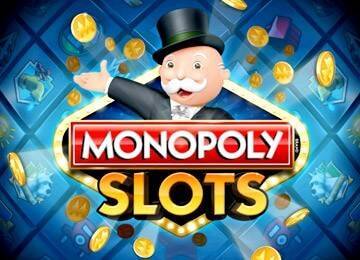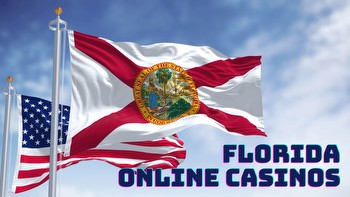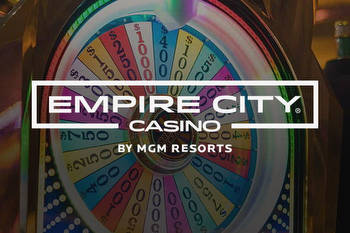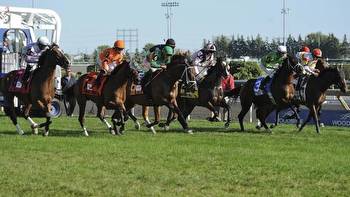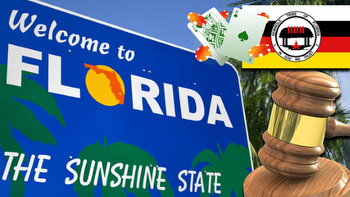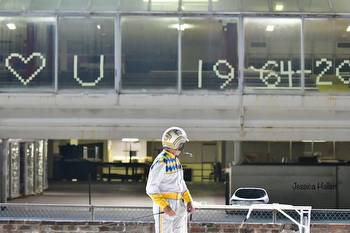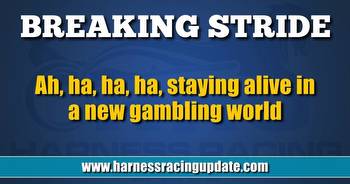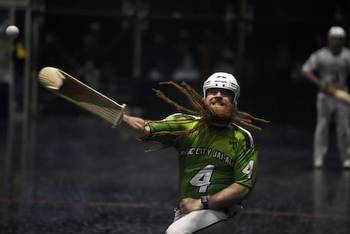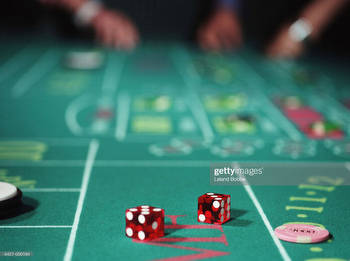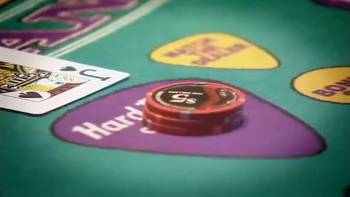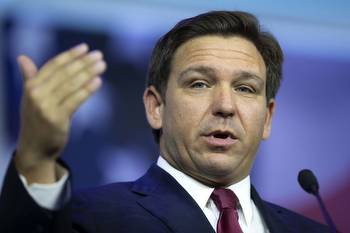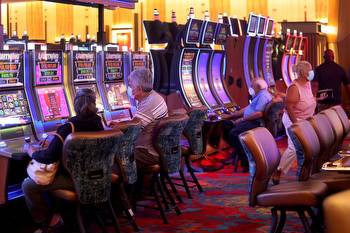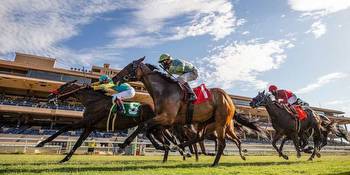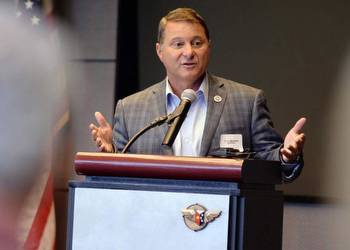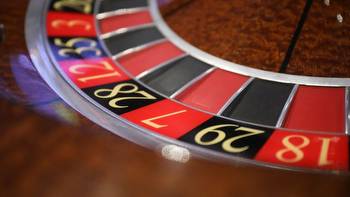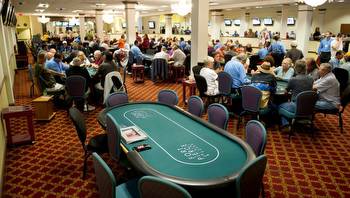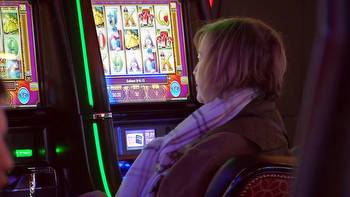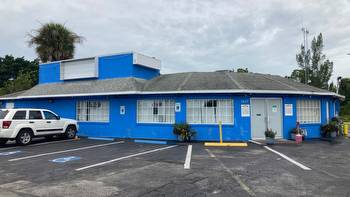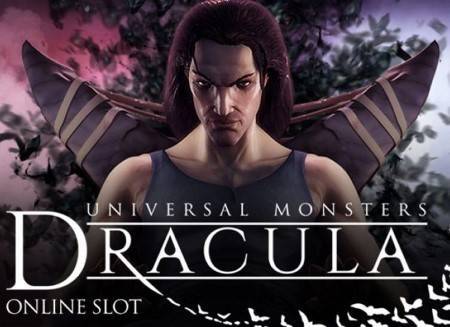Will casinos or the legislatures save racing?

Harness racing is facing continuous problems in jurisdictions where there is no casino attachment—or, in the case of some places, like Florida, where there is/was.
The problem is greed, legislative lethargy and competition—the latter including the lottery.
Yes, racing is hanging on with, in most cases, decreasing handle and attendance with the ability to wager from the comfort of your own home.
Casinos (racinos) have popped up in recent years keeping our grand sport alive…but it’s been an ongoing cloudiness in the skies above with continual threats of storms ahead.
Some casinos have kept their word—or have been forced to—while some have gotten to the State legislators attempting to destroy a huge agricultural force in their respective States.
Take Florida, for example.
When the horsemen and women took to the streets to muster up the votes to allow casinos in some Florida counties, it was with the understanding that the allowance was predicated on the fact that racing would continue to be a staple for the thousands of participants—whether they be directly related to the daily or nightly racing in Florida, i.e., owners, trainers, drivers, caretakers, veterinarians, track employees, tack shop owners, farriers (blacksmiths), officials and vendors—or businesses that would potentially benefit from increased traffic from out of State and Canada, including real estate agents, horse training facilities, area restaurants, shopping centers, supermarkets, service stations and little mom and pop stores.
The vote, as you know, passed easily in Broward County and the voters overwhelmingly guaranteed the future extension of Pompano Park’s history, at that time, measuring 43 years.
Over the year promises were broken and there was but one legislator in Florida—ONE—Dan Daley, who fought long and hard, tooth and nail, for the track’s survival.
Sadly, he was alone in his fight.
The Governor put the nail in the Florida harness racing coffin by locking the very voters out and signed the de-coupling bill without voter approval or even the opportunity to have a say in the matter allowing the casino to destroy the lives of thousands and, in doing so, took a huge chunk out of Florida’s formerly rich agriculture history.
Now, it’s time to try and guard against the same thing happening in other States.
But it won’t be easy, and it will take some forward-thinking innovations—something our industry has been slow to do in the past—to survive.
And, instead of focusing on the industry, itself, the focus should be on the ones who try and keep the industry alive—the bettors.
Would you go into a casino if they advertised a takeout of 15% to 35%?
Of course not!
But that is exactly what our dedicated fans face—whether it be at the track or in a simulcast facility or on their living room sofa.
Yes, the “hold” trend has been inching up as the take at casinos, which was as low as 4.84% at Reno venues in 2010, with 2022 takes now between 5.38% and 8.52% and the general average around 7.17%. (Last time I checked, Pompano was over 8% with the Florida Statewide average at 6.67%.)
So, here’s what has to be done…and it can be done in a couple of ways.
One, casinos with track attachments can earmark a portion of their takes to lower the takeout to entice more action…but, of course, they won’t do that!
But State legislators can lower taxes on casinos with that money earmarked to lower the pari-mutuel take for the bettor to the same level as their slot take—say, 8% on all wagers, whether it be win, place, show, DD, tri, super, Pick-3, Pick-4, Pick-5, Pick-6, Super Hi-5, EVERYTHING 8%.
Amazing what the legislators can do if they want.
Heck, slicksters were thrown in jail for the numbers racket back in the ’20’s and ’30’s with the 50% rake and, all of a sudden, it became legal with the lottery with a take of 50%, as well.
Handle would increase substantially just with the churn effect based on an 8% takeout.
The lower the takeout, the higher the churn, especially on exotic wagers.
Comparing a 20% takeout with an 8% takeout, a 9 to 5 favorite becomes 2 to 1 with the win mutuel being $6.60, instead of $5.80. If a “whale” has a $100 win ticket, it means an extra $40 to churn.
A (high) 12 to 1 shot becomes 15 to 1 with the mutuel $32.00, instead of $27.80.
In the case of an exotic with, say, a 25% takeout, a $187.40 ticket becomes $230.00 and a “favorite ticket” of, say, $18.60 becomes $23.00.
That’s more money to churn and it’s a win-win situation for the industry and it’s also “better for the bettor!”
Want more participation in the sport, do what they are doing in the workforce, PAYING MORE! The “whales” are waiting patiently.
This new innovation could, indeed, help casino revenue, as well as restaurant revenue with ads for free play or restaurant discounts in the racing programs.
For those who pooh-pooh the idea and say it’ll never work, the same thing was said about cell phones, cable television, the internet, organ transplants or putting a man or women in space.
It’s about time someone takes the bull by the horns. If it doesn’t work, racing is no worse off than it is this very day.
But the pulse is weak and, while times are getting faster on the racetracks, time is running out for a sport we all love!







